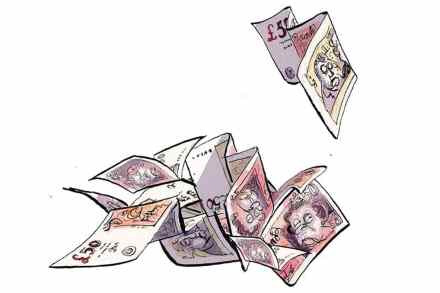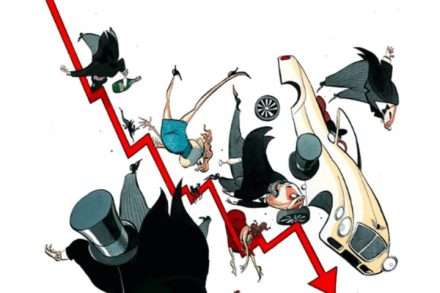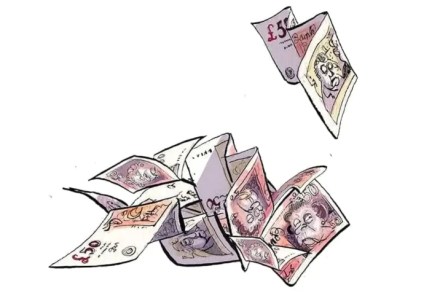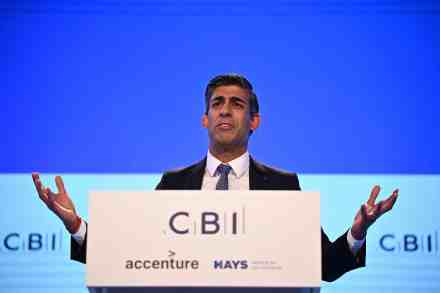Britain’s worrying industrial decline
Economic growth is the third quarter was known to be depressed, but the Office for National Statistics (ONS) has this morning upped its estimate of the retreat in GDP for the third quarter, from a fall of 0.2 per cent to a drop of 0.3 per cent. That need not be too alarming in itself – September was always going to be a difficult month owing to the period of mourning for the Queen and the extra bank holiday for her funeral. The ONS has already reported its first estimate that growth in October rebounded by 0.5 per cent. But it is the detail which is more concerning. While the



















